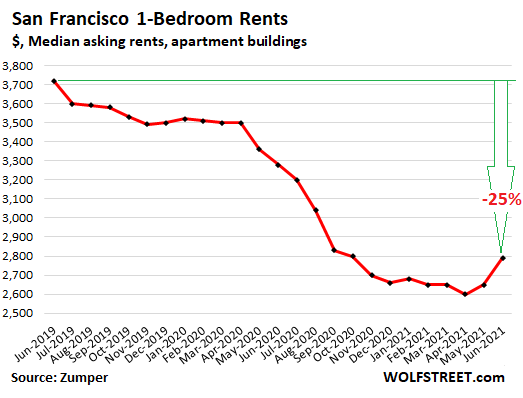@SD-455 makes sense. I see potentially moderating (hopefully) factors in lower lumber prices and the beginnings of slower car sales. People getting back to work will hopefully give them something else to think about besides buying/selling their principal dwelling.
The TX in-migration situation is a real thing that not all states are seeing. Seems like mainly TX, CO (from western states) and NC (from NE states) are getting large waves of in-migration.
Bids over asking, cash terms and quick closing is a common theme in many markets, for example the midwest where I live. Midwest migration is seeing either net zero or slight out-migration. It's too cold!
The TX in-migration situation is a real thing that not all states are seeing. Seems like mainly TX, CO (from western states) and NC (from NE states) are getting large waves of in-migration.
Bids over asking, cash terms and quick closing is a common theme in many markets, for example the midwest where I live. Midwest migration is seeing either net zero or slight out-migration. It's too cold!

